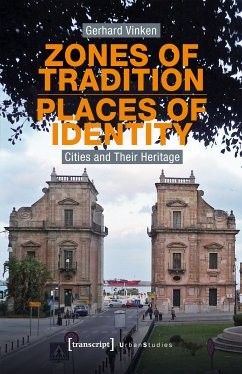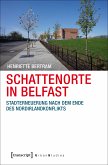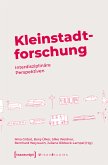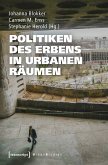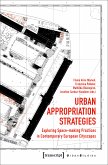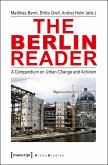What is the heritage of our cities? Which are the monuments, places, and spaces in which it accumulates, and by which practices is it formed, handed down, appropriated? Gerhard Vinken takes the readers to twelve cities on three continents and analyses the diverse and contradictory heritage formations that have had a lasting impact on urban life. The vitality of urban heritage, as these vivid and in-depth case studies show, lies in the dynamic and often conflictual processes of social appropriation and interpretation. Covering a diverse range of themes, the book familiarizes the reader with important questions and theories in urban research and heritage studies.
»Vinkens Buch bildet eine spannende Collage, in der alte und neue Ansätze der Denkmal- und Erbe-Forschung verwendet werden.« Malgorzata Popiolek-Roßkamp, H-Soz-Kult, 26.08.2022 »Anspruchsvolles und anregendes Buch.« Klaus R. Kunzmann, Kulturpolitische Mitteilungen, 177/2 (2022) »Ein wichtiger Beitrag mit unterschiedlichen Tiefenschärfen und einer überzeugenden präzisen und durchaus auch politischen Analyse.« Claus Friede, https://www.kultur-port.de, 28.12.2021 Besprochen in: https://www.kriso.ee, 17.05.2021

